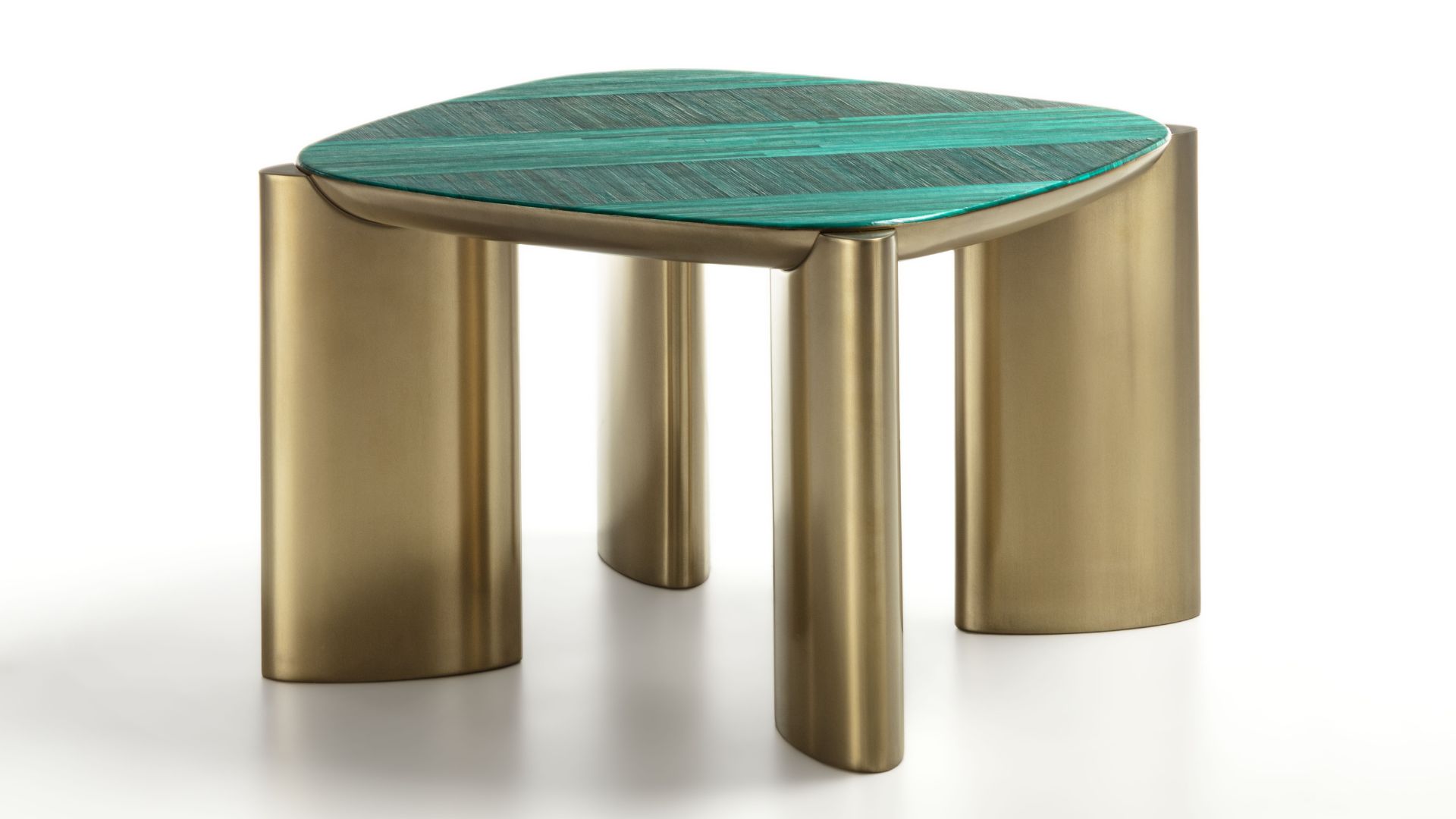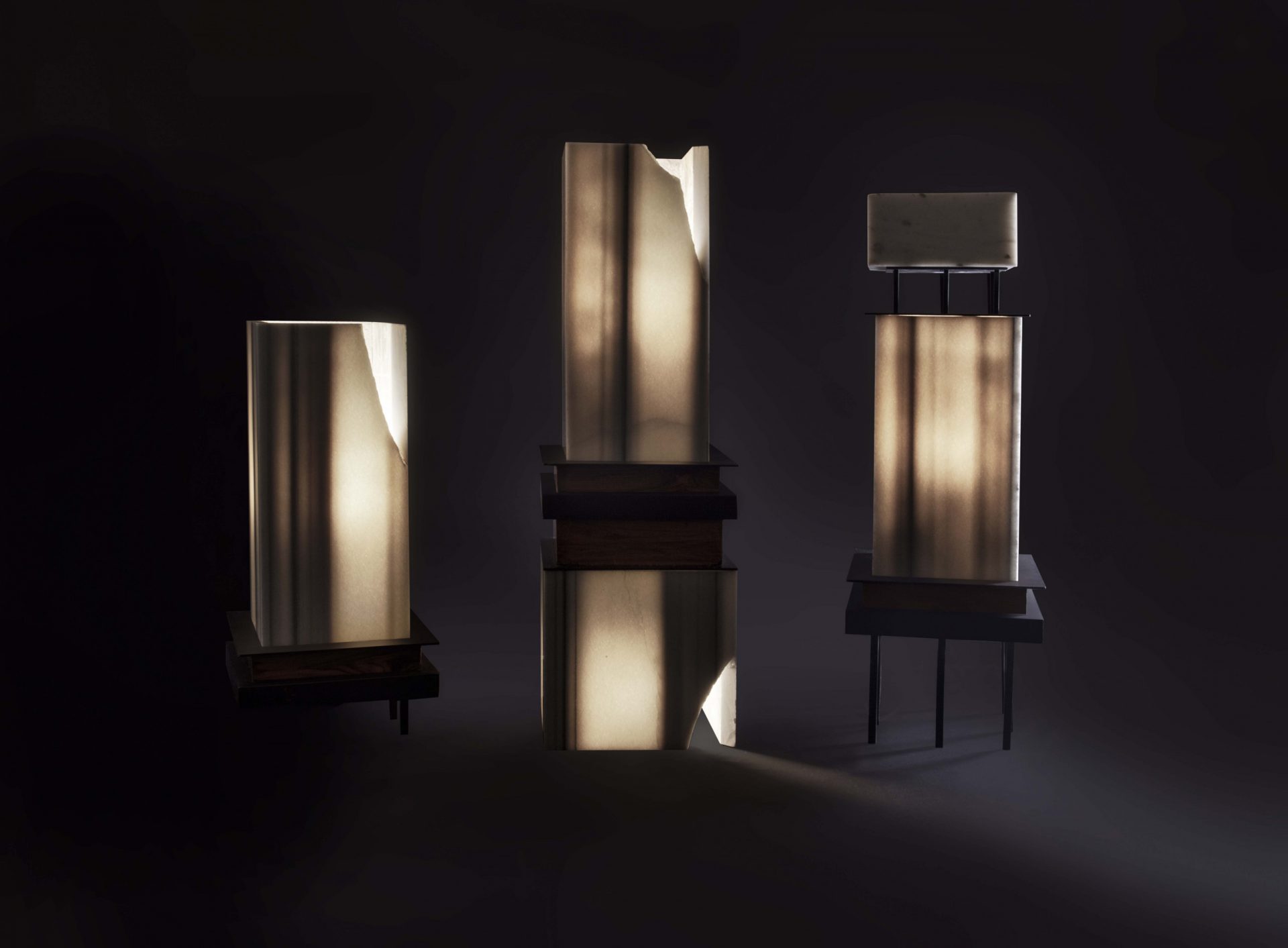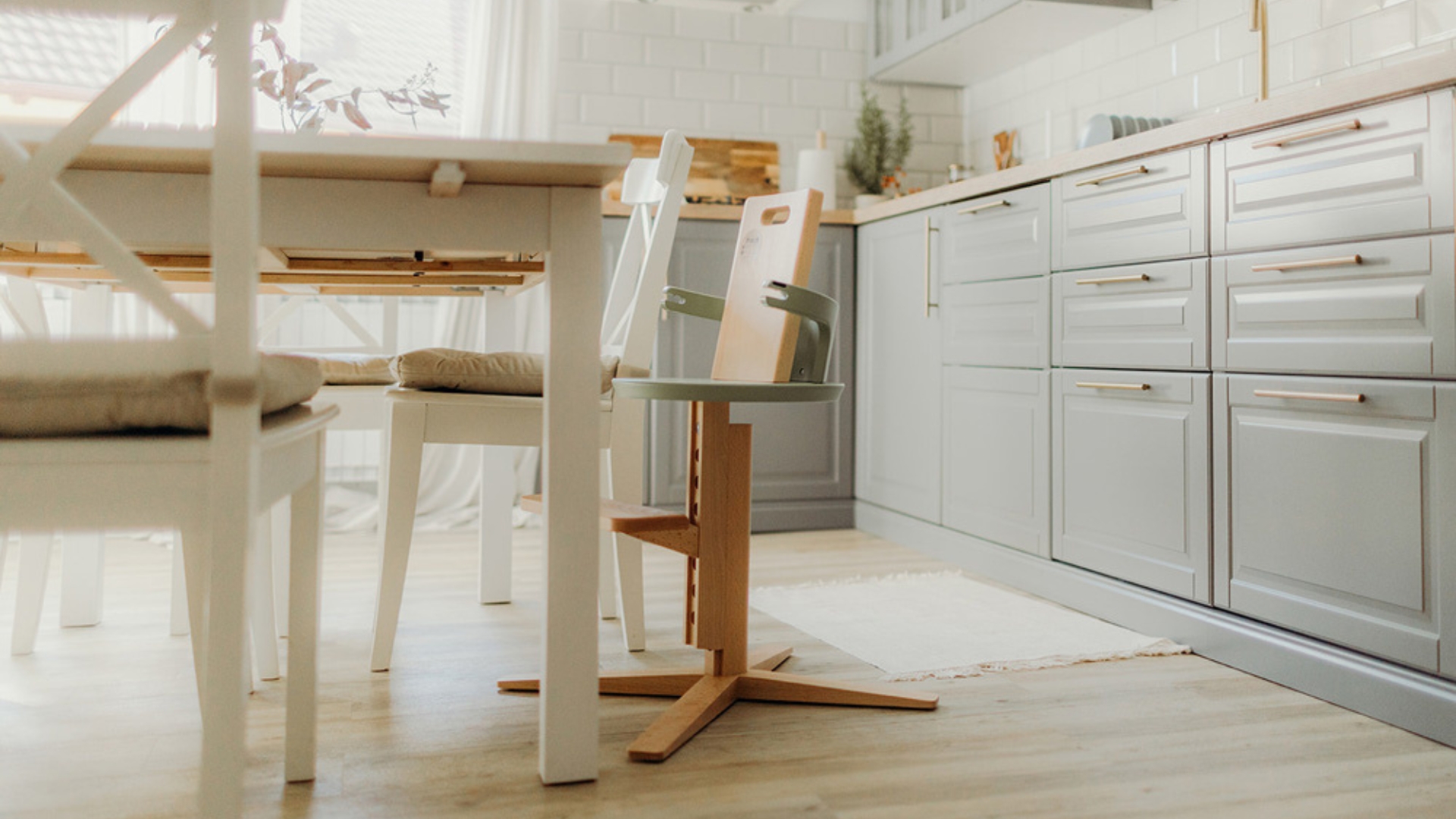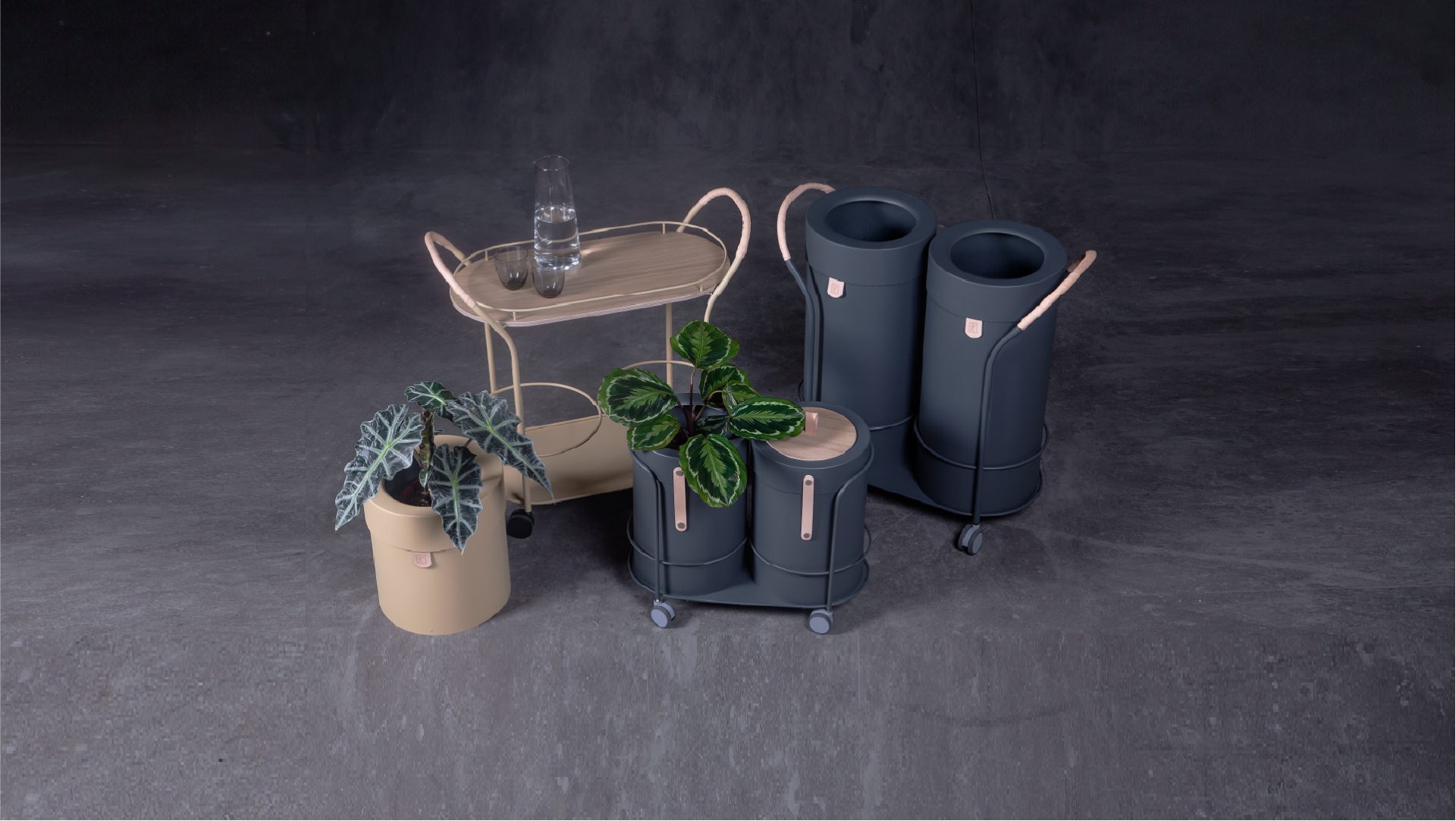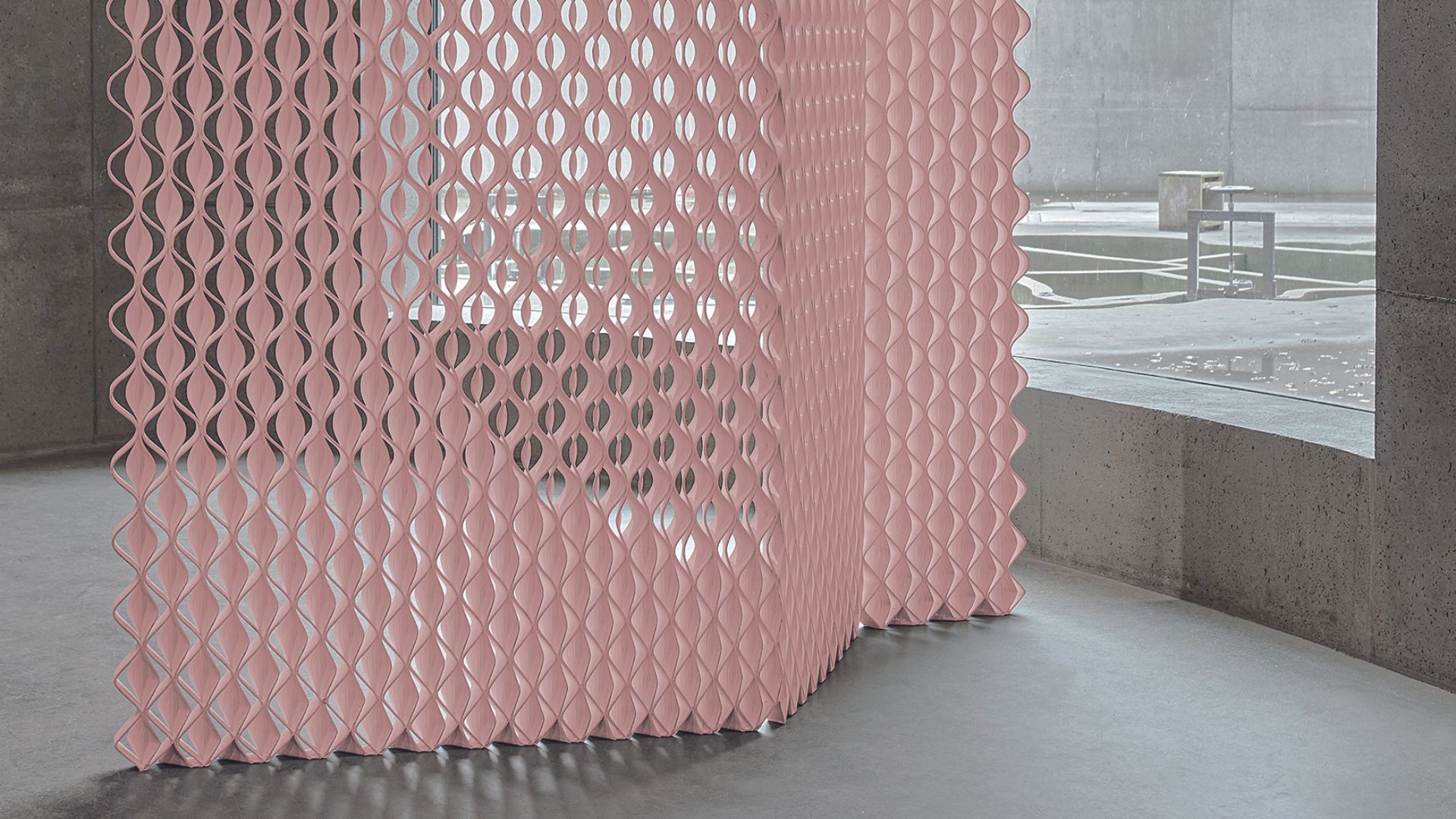Changing the perception of good design with Mater
Founded by Henrik Marstrand in 2006, Mater creates beautiful lasting products that support people, local craftsmanship, and the environment.
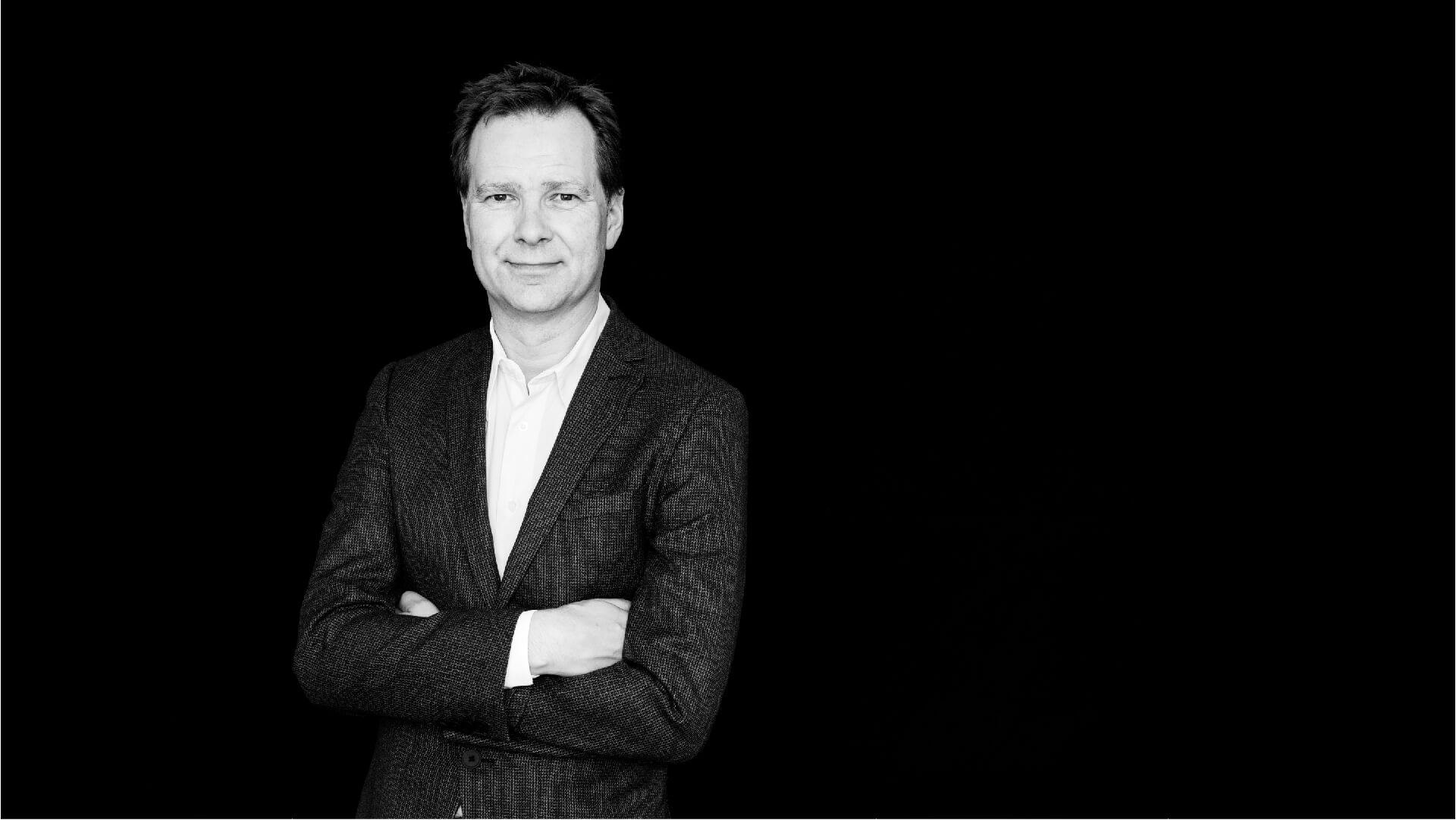
Founded in 2006 in Copenhagen, Mater is a conscious and ethical design brand creating long-lasting sustainable furniture. It is through a strong design philosophy and an emphasis on the craftsmanship that Mater is able to combine incredible high-end furniture with methods and techniques that not only support people and local craft traditions but also the environment.
Since its beginning, Mater was set out to change the way people think about furniture, inspire consumers’ behavior, and engage people into more sustainable thinking. Without making any compromises regarding design and quality, Mater aligns its sustainable mission with the United Nations Global Goals for Sustainable Development and is able to design products that truly make a difference and minimize adverse social and environmental impacts.
Gallery
Open full width
Open full width
Curious to know more, DesignWanted had the opportunity to interview Henrik Marstrand, founder of Mater, and find out more about their design process, values, and what is next for them.
How did the journey for Mater begin?
Henrik Marstrand:
“Founded in Copenhagen in 2006 by Henrik Marstrand, at that time an outsider to the design industry, Mater took the first pioneering steps towards creating long-lasting sustainable furniture design. Rooted in the danish design tradition, the ambition was to change the way people think of furniture made in a sustainable way, inspiring consumers and architects all over the world into changing their behaviors.
The insight behind launching Mater was that mature societies are increasingly dominated by abundance, saturation, experiences, virtual worlds, individualism, feelings of guilt and concern about the side-effects of unbridled consumption. Status is to be had in many more ways than leading a somewhat dated lifestyle centered on hoarding as many branded luxury goods as possible. Sustainable thinking plays a huge part in addressing these issues when it comes to furniture.”

Can you tell us about the story behind the name ‘Mater’ and how it represents the company’s values?
Henrik Marstrand:
“Mater is the Latin term for ‘Mother’. We strive to protect “mother earth” for our generations to come by setting an example on how beautiful and long-lasting sustainably made furniture can be made, while at the same time reducing the footprint made on mother earth. For every one of the millions of products we use to improve the quality of our lives, there are associated with environmental consequences.
Whilst some products have a small environmental bearing, others consume finite resources in vast quantities and are produced under conditions with environmental damage. Our values are to avoid or minimise the adverse impact on the environment focusing on sustainable or circular production methods whilst creating sensual, timeless and durable products that will both stand the test of time and inspire to cherish and maintain.
So we should think carefully about our consumption behaviour as any responsible “mother” would do. The solution is NOT to stop consuming but instead encourage consumption with a deeper meaning for the good of our planet. At Mater, the ethos is to motivate a behavior that “the more you spend with Mater, the more you clean up “our mother earth”.”

Within your company, who are the actors involved in establishing a fully sustainable practice?
Henrik Marstrand:
“I don’t think we will ever get to a fully sustainable company as the bar is raised all the time. We early on realized that our entire value chain should be involved and understand what we are trying to achieve. That means the local woodworker, the sawmills, the press moulders, the craftsmen, the plastic moulders, the recycling facilities, the freight forwarders and of course spanning to the commissioned designers.
All of these are externally based and must be highly involved. Our challenge within the Mater staff is to set up procedures that allow our external partners to work towards the same goals as we do. Mater’s values no doubt play a huge role in recruiting and maintaining staff as you have an extra commitment when you are part of the Mater team.”

Can you tell us more about how Mater works in alignment with the UN’s SDGs (Sustainable Development Goals)?
Henrik Marstrand:
“It was an eye-opener for us when the UN SDG’s were released. We realised that many of those goals already had been embedded in Mater’s values since its launch. Responsible production, Climate Action, Preserving life below water and on land are just some of the goals that are implemented in our product development work.
Mater recently joined forces with some of the most sustainable thinking large Danish companies like Novo Nordisk, Carlsberg and BKI Coffee. Under 3 Days of Design, several industry-changing circular products were launched with these partners.”

Mater has spent the last two years developing innovative technology in collaboration with the Danish Technological Institute and the University of Copenhagen. The process recycles fibre-based materials which can be mixed with several types of plastic waste.
We just launched the “Mask barstool” designed by Eva Harlou, a residual product from Carlsberg’s beer production, the spent grain (Danish ‘mask’), which is a wet fibre-based mass that is dried and mixed with granulate of plastic waste in a unique mixture that enables press molding.”

Carlsberg is always looking for new solutions that can make their products better and our production more sustainable. Another circular launch in line with “responsible consumption” and “climate action” is Earth Stool, also designed by Eva Harlou for Mater. The seat either consists of plastic waste from Novo Nordisk mixed with shells from the roasting of coffee beans from BKI coffee or Carlsberg beer waste and recycled industrial plastic.”

The plastic comes from discarded insulin pens, and the mixture is first heated in a specially developed machine, after which the mass is molded. A completely new method that Mater has developed. Normally most waste plastic is burned to make heat but this is instead recycled into new furniture, thereby encapsulating the carbon footprint of the waste plastic. Both Mask Stool and Earth Stool can be completely disassembled and components returned to Mater for reprocessing. The lifespan of this material is up to 15 years or even more and can be re-processed again and again.
This groundbreaking new production method aligns to several SDG’s: “Responsible consumption and production” (SDGs 12), “Climate action” (SDGs 13) and “Partnerships for the goals” (SDGs 17). While the composite material itself has never been seen before, it is still made using existing form pressing tools that have been used in the industry for decades. It is also highly durable, water-resistant, does not need painting and can be re-used and re-processed several times.”

Having a wide experience in the design field, what do you think are the most difficult steps to establish a circular economy in today’s furniture industry?
Henrik Marstrand:
“One of our biggest challenges is the supply chain implications in launching these new circular products. We have realised that we need to help large corporations process their waste so that it is suitable for manufacturing. We pick-up the waste at the factory gate, we handle cleaning, separation, grinding, logistics as well as production. That is completely new, but we think this is also where we can make a difference.
We also need to document our positive carbon footprint using these new ways of upcycling, otherwise, why should we do it if there is not a positive climate impact. We saw from when we launched the Ocean collected in plastic waste from used fishnets that the chair saved 1,6kg co2 compared to a chair in virgin plastic.
Now we have teamed up with experts to create a simulation model so we can show the positive impact we are making in exact facts and figures. Furthermore, we must be able to document the plastics’ journey from factory to product. So we need a similar system like the nationally recognised FSC wood certification program, so clients know that the waste we pick-up at the factory gate is in fact the same waste that returns as furniture.”

What can you say about furniture companies who still have not implemented sustainable practices: do they have an excuse?
Henrik Marstrand:
“Producing long-lasting, timeless design pieces has been the heart of the danish design traditions for generations. But the long-lasting approach should never be an excuse for not changing the way furniture is made. The oldest danish manufacturers have not supported new sustainable ways of production and the innovation has come through the new brands that have launched over the past 5 years.
Denmark is globally seen as an environmental leader with wind-power, eco groceries, eco restaurants, medico, humanitarian effort in developing countries etc and that needs to reflect within the design industry as well in full scale over the next years. It is really a shame that this transition within the danish design industry has been so slow. But it is getting there – slowly.”

What is next? What can we expect to see from Mater in the next year?
Henrik Marstrand:
“Normally design brands like us does not own the production but instead work with 3rd parties to manufacture the collections. But we believe so much in this new groundbreaking way of upcycling waste using the Thermo Kinetic Mixer (used to make the Mask Stool and the Earth Stool) that we have invested in a large scale facility in Denmark suitable for mass production.
We have joined forces with one of the largest subcontractors within our industry to make this happen, and by summer 2021 we are ready. It is a huge step for us but also the only way we can use the potential in this technology. After an initial period, we will roll it out as an industry standard. And for sure 2021 will see us using other waste materials and currently we are testing waste textile fibers as well as waste fiberglass (from wind-mill productions) and that holds a lot of potential. The future looks bright despite the uncertain times we all are navigating in.”














